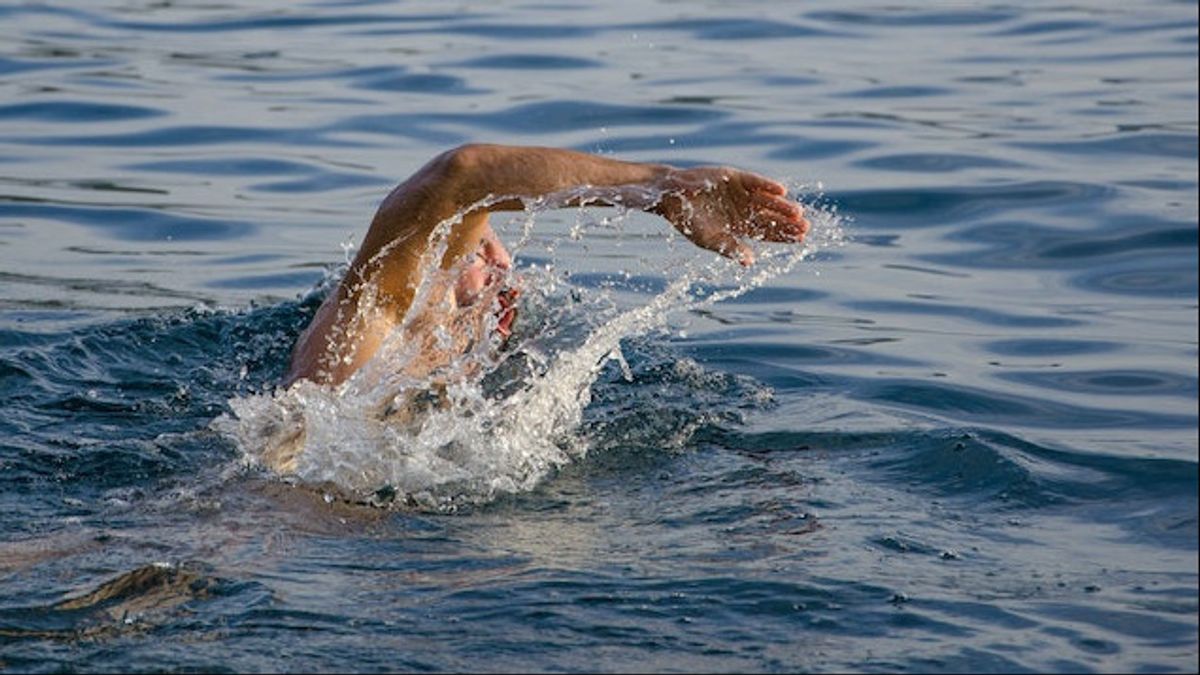JAKARTA - Entering the month of Ramadan, Muslims who are fasting are prohibited from entering liquid or solid objects through body parts, either the nose, ears, mouth, or kubul and rectum. Because doing this can cancel fasting.
So, what is the law if someone swims in a state of fasting?
According to the Big Indonesian Dictionary (KBBI) V, swimming is to move the body through (floating, diving) in water using your feet, hands, fins, tails, and so on. This means that this activity is carried out in nature or in water.
If these activities are carried out in water, it is possible that the risk of water entering through the previously mentioned body parts, either intentionally or unintentionally.
Reporting from the NU Online page, Tuesday, March 21, all activities that invite the risk of breaking the fast are maCRuh fasting. For example, gargling or inhaling water into the excessive nose. This is contained in the book Minhajul Qowim by Syaikh Ibnu Hajr al-Haitami.
That is, 'As for people fasting, it is meant for him to be exaggerated in gargling and inhaling water into the nose because it has the potential to break the fast.'
It is the same with diving for people to fast. If water enters the inner parts of the body, even if accidentally it can break the fast. Because such activities are prohibited for people who fast. If according to the habit that water actors can enter the inner members, then the law is haram.
Therefore, avoid swimming while fasting. Although the intention is to refresh yourself, this activity is chaotic or prohibited from being carried out. Increase activities that can add rewards during the month of Ramadan.
The English, Chinese, Japanese, Arabic, and French versions are automatically generated by the AI. So there may still be inaccuracies in translating, please always see Indonesian as our main language. (system supported by DigitalSiber.id)








